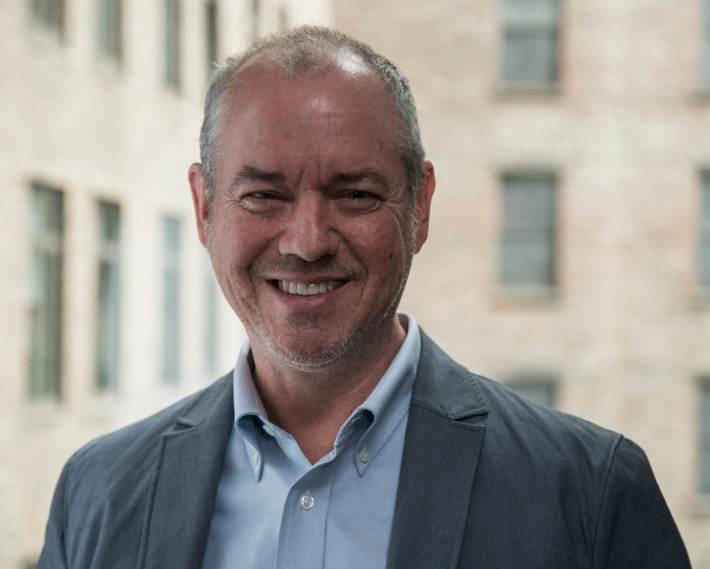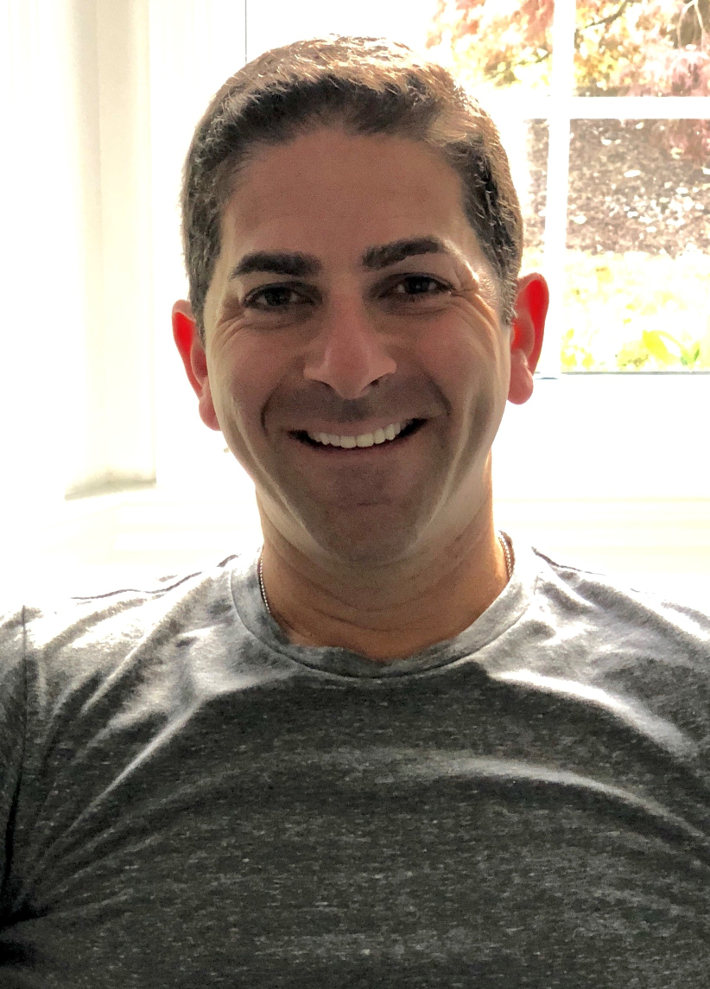Archive for 2019
Former Merchant Cash Advance CFO Charged With Fraud by New York Attorney General
January 4, 2019 A former merchant cash advance CFO and executive for a fund that provides capital to merchant cash advance companies, has been charged with fraud by the New York Attorney General. The allegations against Stephen Brown stem from his role as CFO of Cardis Enterprises International, a company that claimed to possess patented and proprietary technology to make low-value credit card transactions less expensive for merchants. Brown is the former CFO for Capital Stack, LLC/eProdigy Financial in New York. In reality, Cardis was a massive fraud and a ponzi scheme, the Attorney General alleges. The company raised tens of millions of dollars from duped investors.
A former merchant cash advance CFO and executive for a fund that provides capital to merchant cash advance companies, has been charged with fraud by the New York Attorney General. The allegations against Stephen Brown stem from his role as CFO of Cardis Enterprises International, a company that claimed to possess patented and proprietary technology to make low-value credit card transactions less expensive for merchants. Brown is the former CFO for Capital Stack, LLC/eProdigy Financial in New York. In reality, Cardis was a massive fraud and a ponzi scheme, the Attorney General alleges. The company raised tens of millions of dollars from duped investors.
Brown is one of twelve defendants, but is described as the most senior financial executive of the firm whose principal role was to draft and send investor update letters, which contained a host of false statements and omissions.
Among the allegations against Brown is that he lied to investors about being close to finalizing deals with Sony, Warner, and Universal. “At the time of Defendant Brown’s representation, only one introductory meeting between Cardis and each music company had taken place, and the parties had not even executed non-disclosure agreements,” the complaint says. Several other business deals Brown announced were either imaginary, had never made it past a simple introduction, or had already been outright rejected by the prospective partner.
Despite being the CFO, Brown did not even maintain a basic income statement, a formal share registry, or comprehensive records of its debts and obligations. When the scheme was suspected by investors, Brown doubled down on the lies, the complaint says.
On September 24, 2015, a Cardis investor emailed Defendant Brown asking for the “latest on Cardis” and whether it was “a complete loss,” while mentioning a recent investor lawsuit. Defendant Brown, copying Defendant Rosenblatt, responded that the lawsuit claiming fraud was “frivolous,” while claiming that Cardis’ relationship with Roc Nation was “developing” and ongoing. In fact, the lawsuit had merit, and Cardis’ relationship with Roc Nation was long over.
On February 28, 2018, a Cardis investor recorded a telephone conversation with Defendant Brown. The investor asked “what happened to the cash” investors put into Cardis. Defendant Brown responded by detailing the Company’s large budget and staff, while failing to disclose the substantial misuse of investor funds. The investor also questioned Defendant Brown about various investor lawsuits against Cardis and its principals. The investor asked: “After reading those lawsuits, why should we think that the company has any future?” In response, Defendant Brown told the investor “the lawsuits were not the most credible lawsuits,” attributing them to “angry investors.” Defendant Brown later told the investor “none of those lawsuits have any merit to them.” In fact, there was substantial merit to the investor lawsuits.
These misrepresentations and omissions were material to investors because they bore directly on Cardis’ viability.
The New York Post ran a story that labeled Cardis a Bernie Madoff-style scheme that falsely claimed ties to Jay-Z’s entertainment company.
The defendants stand accused of Material Misrepresentations, Repeated and Persistent Fraud and Illegality, Actual Fraud, Equitable Fraud, and Constructive Fraud. The Attorney General is pursuing restitution for victims, a ban from the securities industry in the State of New York, and to liquidate the company.
The docket # is 452353/2018 in the New York Supreme Court. The allegations have not yet been proven. According to LinkedIn, Brown currently lists himself as the President of GMA USA, LLC, President of CoreFund Capital LLC, and the CFO of Nanovibronix. He also lists being the CFO of eProdigy Financial for almost 3 years until early 2017.
For Some Brokers, Funding Never Sleeps
January 4, 2019 While holidays, including New Year’s Eve, are usually slow days for funding, for some brokers this year, New Year’s Eve was a strong day.
While holidays, including New Year’s Eve, are usually slow days for funding, for some brokers this year, New Year’s Eve was a strong day.
“New Year’s Eve was not a slow day here,” said Elana Kemp, a broker at Fundomate, in Los Angeles, who was in the office that day. “It was amusing to see so many people looking for money on the last day of the year. I’m also a procrastinator, so I can relate,” she said.
Zach Ramirez, Founder and Managing Director of ZR Consulting, LLC in Orange County, CA, said that New Year’s Eve was the second biggest funding day for his company in December, despite the fact he told his brokers that it was an optional work day, he said.
At the same time, for many other brokers, business was on the slow side, as expected. John Celifarco of Horizon Financial Group in Brooklyn, said it was a good day to organize and prepare for the new year. Meanwhile, Joe Cohen, of Business Finance Advance in Brooklyn, said he generally doesn’t go to work on major holidays.
“The holidays are to enjoy, regenerate and spend time with the family,” Cohen said. “That’s why you’re working anyway.”
How to Respond to Negative Press
January 3, 2019 Wondering what to do about negative press? deBanked spoke to some Public Relations professionals about helpful techniques to manage the situation.
Wondering what to do about negative press? deBanked spoke to some Public Relations professionals about helpful techniques to manage the situation.
“When it comes to a negative story, we advise our clients to bridge back to something they are comfortable talking about,” said Bill McCue, Executive Consultant at Indicate Media.
 Bill McCue, Indicate media
Bill McCue, Indicate mediaMcCue said this is known as “bridging.”
“If you’re asked a question about something you don’t want to talk about for whatever reason, you can use transitional phrases like ‘You know that’s an interesting point, but what the real story here is…’ or ‘What we believe is truly the most important thing to talk about is…’ And just keep bridging from a topic you’re not comfortable addressing to a topic you are comfortable addressing.”
McCue noted that politicians and professional athletes are excellent at this. His favorite example is hockey players, who never talk about themselves. When they get a question about their own performance, they always “bridge” to something like the strength of another player or the coach or the entire team.
McCue also advises all clients, whether they’re overcoming negative press or not, to speak in simple terms, and avoid jargon or acronyms.
“Never assume that the reporter is an expert on your industry,” McCue said. “He or she might be writing about [multiple] topics throughout a given business day. Or they may have been writing about real estate last week and now they’re writing about small business lending…So never assume a certain level of expertise.”
 Jason Geller, JMediaHouse
Jason Geller, JMediaHouseIf your industry has gotten negative press, but your company in particular has not been targeted, Jason Geller, Founder of New York-based public relations firm JMediaHouse, said that no response is often the best response.
“Unless you have established clear goals and a message you must put out, or if the allegation is serious, the best response in most cases is nothing. Ignore it,” Geller said. “Don’t give the story life. By opting out you’ve robbed it of the oxygen it needs to continue on.”
Geller also said that if the reporting contained inaccurate information, then the company must first provide the correct information to the reporter or blogger. This, he said, “opens up a great opportunity to leverage the situation and strengthen your relationship with the journalist, and to allow him or her to get to know your company and clients better.”
If a given negative story is so bad that it truly warrants a response, Geller said that it’s critical first to research the writer or blogger before responding.
“What have they written about in the past? Do they have a history of putting out negative commentary? Have they had a bad experience with your product or brand? Once you have the answers to these questions, you’ll be able put together a much more concise and educated response,” Geller said.
Kornfelds Settle With SEC Over Woodbridge Ponzi Scheme
January 3, 2019Barry M. Kornfeld and Ferne Kornfeld, both fundraising agents for 1st Global Capital, have settled with the SEC for their role in Woodbridge Group of Companies LLC, a $1.2 billion ponzi scheme. Woodbridge was another Florida-based company that is unrelated to 1st Global Capital. As part of the settlement, the Kornfelds agreed to disgorge $3.69 million plus $690,497 in prejudgment interest on top of $650,000 in combined penalties. They also agreed to be permanently barred from selling securities.
Barry Kornfeld was already barred by the SEC for previous securities violations.
No wrongdoing has been alleged against the Kornfelds in the 1st Global Capital case thus far, but court records revealed that Barry Kornfeld raised $8 million from investors for the company. 1st Global Capital is currently in bankruptcy and was charged with securities fraud by the SEC.
What We Learned About RapidAdvance From RapidAdvance’s Planned Securitization
January 1, 2019
RapidAdvance is raising money through their first-ever securitization. This is what we’ve learned about the company as a result so far, thanks to the bond ratings process:
2017 origination volume: $260 million | See how this ranks against their peers
Lifetime funding volume: > $1.5 billion
Total shareholder equity: $54 million
Majority owned by: Rockbridge Growth Equity LLC
# of employees: 168
Notable strategic partnerships: Office Depot and Worldpay
Provides: Mainly Business loans (≈80%) but also merchant cash advances (≈20%)
Founded: 2009
Generates deals via: 62% ISO & Funding Partner Channel / 38% Direct
Other funders that recently did their first securitizations include Credibly and Strategic Funding Source.





























